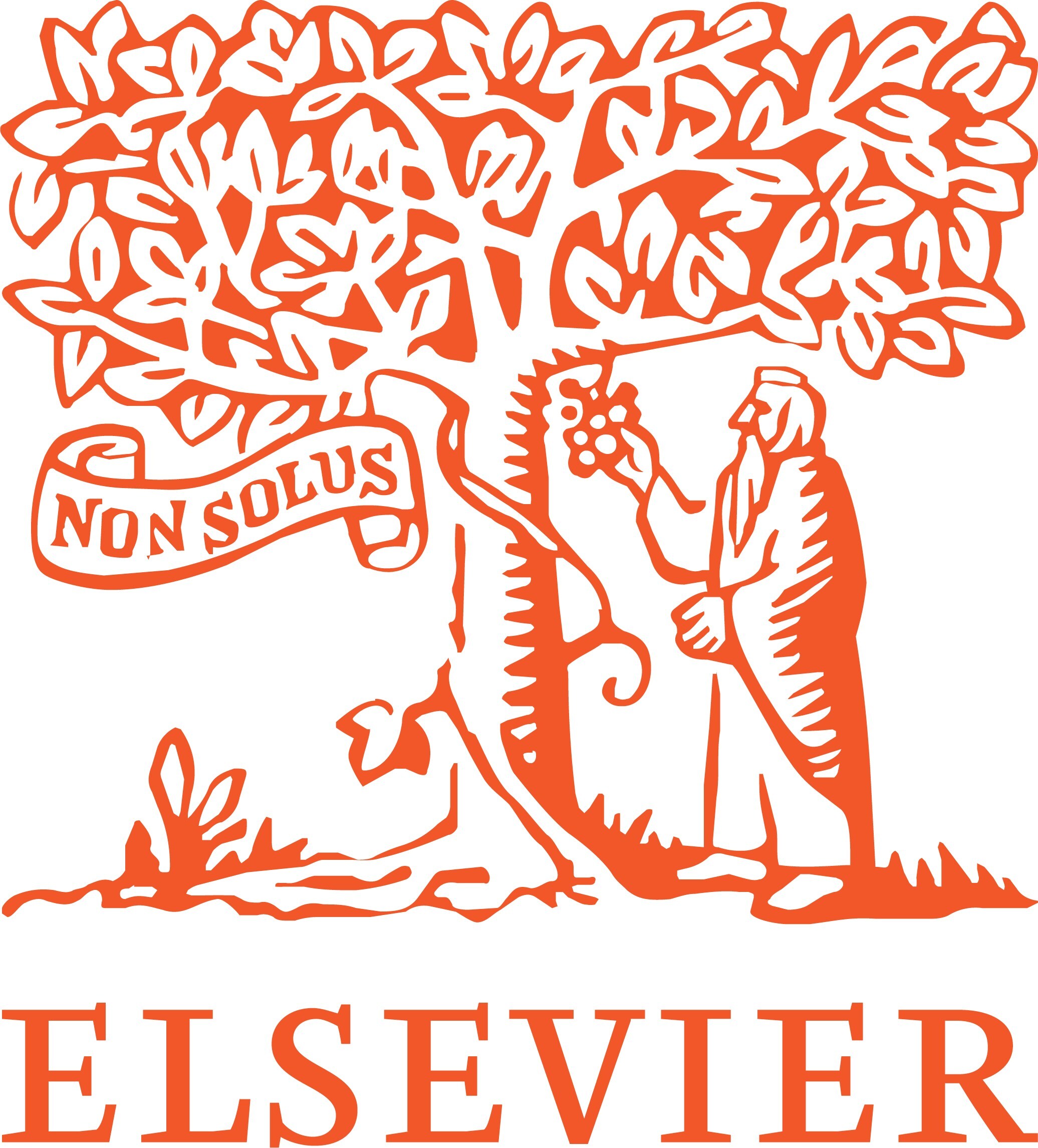Advancements in Technology Revolutionizing Healthcare and Customer Engagement
Author: Alex Johnson

The technological landscape is evolving at an unprecedented pace, bringing with it innovations that are reshaping various industries. Among these, the healthcare sector stands at the forefront, utilizing breakthrough advancements such as artificial intelligence (AI) to enhance patient care, streamline clinical trials, and optimize drug development processes. In today's age, efficient access to regulatory insights is pivotal for drug development, notably through platforms like Elsevier's PharmaPendium AI. This solution aims to transform how insights are gathered from regulatory data, which enables clinical teams to quickly identify critical precedents and anticipate approval issues, ultimately minimizing costly missteps.
Elsevier's recent launch of PharmaPendium AI exemplifies the integration of advanced technology in regulatory data management. This platform is designed to support faster and more reliable access to regulatory insights, allowing researchers and developers to navigate the complex terrain of drug approval with greater ease. As the demand for innovative medications surges, ensuring that regulatory processes keep pace with the rapid development of new drugs becomes ever more crucial. By leveraging AI, PharmaPendium not only speeds up data collection but also enhances the accuracy of insights, providing invaluable support throughout the drug development lifecycle.

Elsevier's PharmaPendium AI is revolutionizing the drug development landscape.
In parallel with advancements in healthcare technology, companies are also seeking to enhance customer engagement through innovative tools. For instance, Medable's recent introduction of the first agentic AI platform, Agent Studio, positions AI not just as a tool, but as an integral part of clinical interaction and engagement. This platform enables clinical teams to create custom AI agents that can interact with patients and support trial monitoring, significantly removing bottlenecks in the clinical development process and making participation more accessible for potential trial subjects.
Customer engagement strategies are rapidly evolving as companies realize the need to blend human interaction with AI capabilities to optimize the customer experience. An article from TechBullion elaborates on how businesses can seamlessly integrate technology while maintaining the human touch, thereby enhancing customer relationships. This integration is especially useful in sectors where personal interactions are vital, such as healthcare, where patients benefit from empathetic communication alongside technological efficiency.

Adapting to AI technologies in customer engagement can yield significant benefits.
Moreover, Ooni, a company dedicated to revolutionizing home cooking, has unveiled their latest pizza oven equipped with AI capabilities. This innovative product is set to enhance the home dining experience, demonstrating how AI can be effectively used in everyday consumer products, providing a unique selling proposition amidst competition. The integration of AI into kitchen appliances showcases a growing trend of personalization and smart technology in daily life.
The rise of AI in various sectors, including the food industry, highlights a broader trend towards technology that enhances convenience and quality of life. Consumers are increasingly drawn to products that offer smart capabilities, which not only improve functionality but also contribute to a more enjoyable user experience. The Ooni pizza oven represents a fusion of culinary tradition with modern technological advancements, serving to attract a clientele that values innovation as much as quality.

Ooni’s AI-infused pizza ovens exemplify the growing trend of technology in cooking.
As AI continues to infiltrate every corner of human activity, the ethical implications surrounding its deployment, especially in vulnerable settings such as healthcare and family environments, become critical. Following a recent tragic incident involving a teen's death linked to AI interactions, OpenAI announced it will implement parental controls for its ChatGPT. This decision underscores the importance of responsible AI use, particularly when interfacing with younger users.
These advancements herald a change not only in operational efficiency but also in the responsibility that companies bear when developing and deploying AI technologies. As customer awareness grows, so does the demand for ethical AI use and the assurance that products are safe for all age groups. The industry is now tasked with not just innovating, but also maintaining a strong ethical framework to guide the development of AI tools.
In summary, the ongoing transformations within the technology landscape are positively impacting healthcare, customer engagement, and everyday life. As companies like Elsevier and Medable push the boundaries of what is possible in drug development and clinical trials, innovations such as AI-enhanced consumer products and regulatory platforms indicate a promising future. However, as we navigate this transformative era, it is imperative to address ethical concerns and prioritize responsible AI use to ensure these technologies benefit society as a whole.